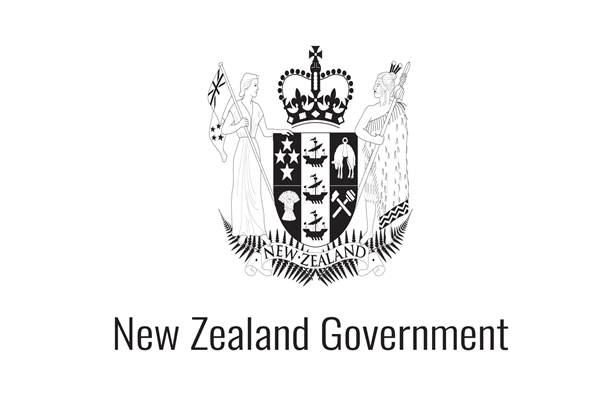The Government Chief Digital Officer (GCDO) released results of the 2024 cross-agency survey of use cases for artificial intelligence (AI). The results are not surprising when read and considered in conjunction with Aotearoa New Zealand business surveys and privacy perceptions of AI by the Aotearoa New Zealand public.
Of surprise though, is the guidance discriminates against Māori and shows that the government is working in isolation from AI industry and researchers and Māori.
Key findings are that most government agencies use AI for administrative tasks as opposed to anything innovative. This is likely due the top three key survey results that there is a lack of AI skills and policies in addition to privacy concerns in government agencies.

Considering Generative AI such as ChatGPT has been a household name in Aotearoa New Zealand since the end of 2022. Since then, we have seen a significant increase in many other generative AI tools. But at the same time, we have not seen an increase in training for businesses, government agencies or people wanting to have a career in Artificial Intelligence. All survey results about AI in New Zealand society reflect this.
Amongst the report is a recommended resource jointly authored by Internal Affairs (DIA), National Cyber Security Centre and StatsNZ “Initial advice on Generative Artificial Intelligence in the public service”. The advice states that is intended for public service procurement, data, digital, privacy and security leaders. Furthermore, that it “is intended to help better understand the key risks of using GenAI within the New Zealand Public Service, and mitigations, to support you to develop your policy, standards and plans for responsibly using GenAI within your agency context.”
Overall, this publication is useful, but the guide discriminates against Māori by assuming that all Artificial Intelligence will only impact Iwi Māori and only Iwi Māori should be consulted as the government agency treaty partner. The majority of the well-established Iwi Māori in New Zealand do not understand Artificial Intelligence. This is also the same with New Zealand businesses, education providers and now as we see in the above survey, the public service.
It must be noted that Artificial Intelligence will impact individuals, households, businesses, not for profits and every other individual and collective of Aotearoa New Zealand society. From a Te Ao Māori perspective, the government authors are simply avoiding the real issues for Māori and pushing agencies to ill-informed and under resourced iwi Māori while ignoring the majority of Māori society. This is one of the many issues with the current ‘Mana Ōrite Agreements” in that the majority of Māori society are ignored leading to dissatisfaction and in at least one example a High Court Case(pdf) that recognised not only Iwi Māori have considerations with government agencies.
The guidelines also reinforce the Government Chief Digital Officer (GCDO) survey findings that most agencies lack AI skills and policies. There is a clear omission of industry advise and expertise to both the Prime Minister via the AI advise in publication “Capturing the benefits of AI in healthcare for Aotearoa New Zealand A rapid report from the Prime Minister’s Chief Science Advisor Kaitohutohu Mātanga Pūtaiao Matua ki te Pirimia (2023). (pdf)”
There is also an obvious omission of the New Zealand AI Forum (New Zealand AI Industry representative group) advise for Te Tiriti with AI including in the report Explainable AI – building trust through understanding (pdf) and it has also ignored Te Tiriti advise from the Artificial Intelligence Researchers Association (AIRA) the academic AI researchers representative association. Both groups have Māori advisory expert groups and clear guidance to work with Māori and implement Te Tiriti.
The guidelines also do not cover Pasifika and disabled among many other New Zealand communities.
I would suggest there are a number of positive pathways for government agencies to empower and enhance the myriad of benefits of AI to reduce costs and be more effective including: more AI training for all New Zealanders, working with industry and researchers and engaging properly with Te Ao Māori as Te Tiriti partners while as an ethical principal also with other minority communities in Aotearoa New Zealand.


Leave a Reply
You must be logged in to post a comment.